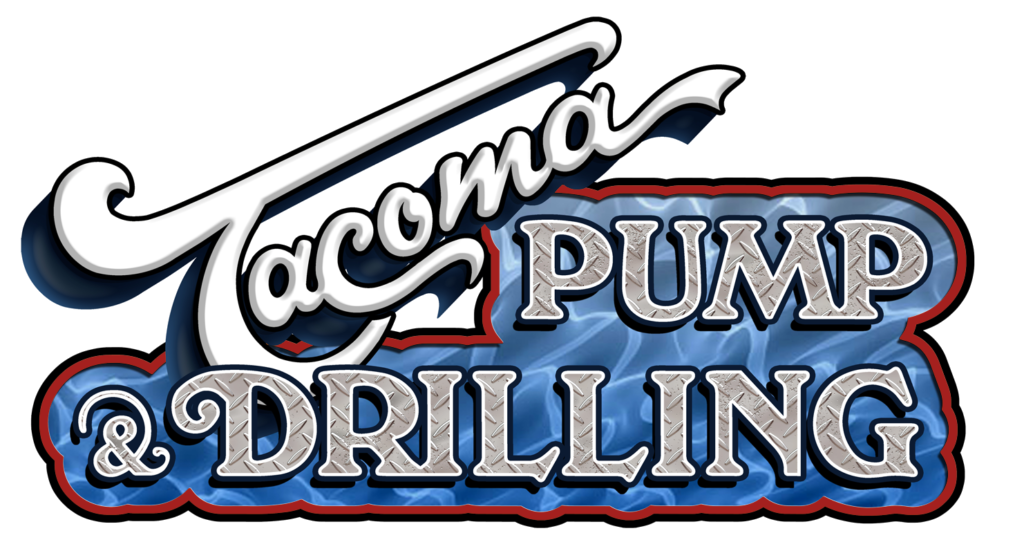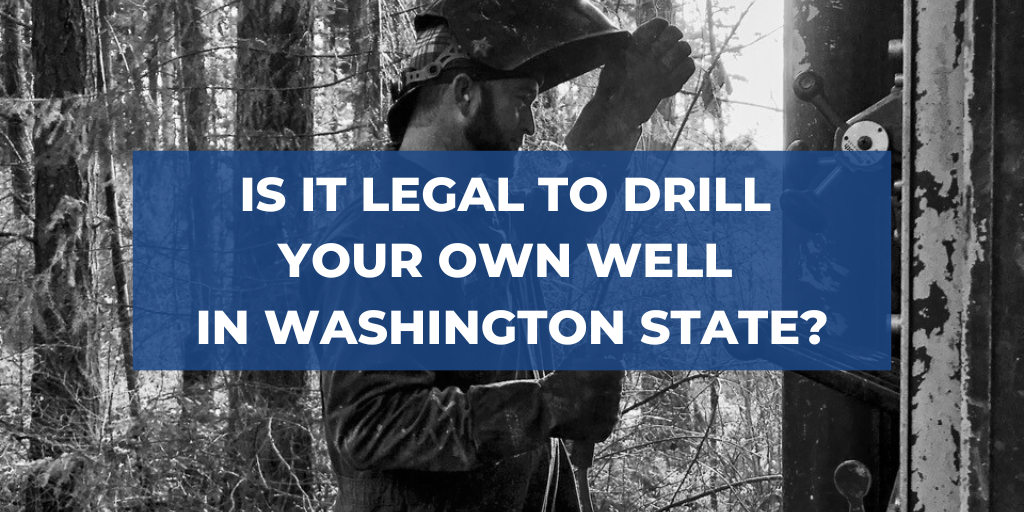Depending on where you live, adding a water well to your property may be necessary. Many rural areas in Washington rely on private water wells to supply clean drinking water to individual homes. People commonly wonder, however, if it’s legal to drill their own well in Washington State. Let’s take a look at state and local requirements for well drilling so you have the info you need to get started on adding a well to your land.
Drilling a Well in Washington State
There are many different requirements for drilling a well in Washington. From where on your property you choose to construct a well to the amount of water used, there are many details to consider.
The best way to find the data you need is to know where to look. According to the Governor’s Office for Regulatory Innovation and Assistance, drilling and decommissioning wells in Washington State requires a well operator’s license. This license is necessary for any wells that fall into these categories:
- Water wells
- Monitoring wells
- Geotech soil borings
- Environmental investigation wells
- Geothermal heat pump borings
- Dewatering systems
There are two minor exceptions, but both exceptions require that the well must meet all regulatory standards. Unless you are well versed in those standards — a licensed well driller is needed to make sure your well is properly drilled.
So what are the standards for your well? Well construction and licensing in Washington State are managed by the state’s Department of Ecology. Their website offers information on how to obtain a license, watersheds and water flow standards, water rights, and much more. Every well drilled in the state is reported to the Department of Ecology. They are the best resource for understanding groundwater in your area as well as getting started adding a well to your property.
Steps to Drilling a Well
Working with a local drilling company means getting a well added to your property that will last you and your family for years to come. Licensed drillers must participate in continuing education to ensure they are up to date with the latest standards and requirements. If you’re ready to add a well to your property, here are the steps it takes to get started.
Find a Licensed Driller
Since drilling a well requires a licensed driller in Washington State, finding the right driller is the first step to getting started with your well. The Department of Ecology issues all well construction licenses and provides a useful search engine for state-licensed drilling companies.
Determine if You Need Permits
It is also important to reach out to your local permitting agency (typically your county) to determine if you need a permit for your well. Some counties require certain areas to be connected to the public water supply rather than a private well.
Check Water Availability
Understanding your watershed is another important aspect of your well process. With continual climate changes, water availability also changes each year. While Washington State typically experiences an abundance of groundwater thanks to our mountainous region (and snowmelt), there are some regions that experience lower availability than others. Check the water availability data offered by the state to determine if your area is good for well drilling.
Submit a Notice of Intent
The next step is to submit a Notice of Intent to the Department of Ecology at least 72 hours before you drill your well. Check with your drilling company before completing this step as many drillers include this in their services.
Decide if You Need a Water Right
Most private, residential wells serving only one home don’t require a water right. However, if you plan to use more than 5,000 gallons of water per day, or water more than a half-acre of land, then you do need a water right. You can apply for your water right here, or discuss with your drilling company to decide if you truly do need one.
Get Started Constructing Your Well
Working with a local, licensed drilling company is the best and fastest way to add a well to your Washington State property. Wells require specific equipment and materials in order to provide healthy drinking water and longevity. To meet all the necessary standards for drilling in Washington, contact us here. We’ll answer any questions you may have and help you determine where, when, and how to drill your new well.

